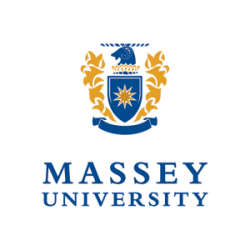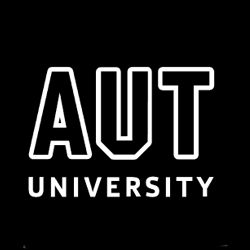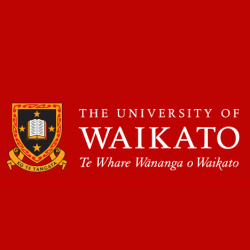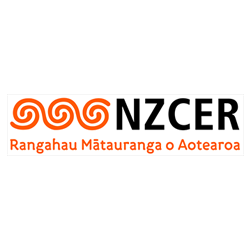
The Added Value of Work-Integrated Learning
Status
Completed: 20 March 2019
Project Details
A one-year project to examine the legacy impact of the Work-Integrated Learning (WIL) programme first as a student and later as a WIL supervisor. A collaboration of Massey University, Auckland University of Technology, University of Waikato and New Zealand Council for Educational Research (NZCER).
Aims:
The main aims of the project were to:
- explore alumni perspective on whether their own student WIL experience has impacted on their workplace supervisor role
- identify how the WIL experience has added value from the perspective of graduates
- develop a resource to help build capability for workplace supervisors and for future students.
Methodology:
The project used a narrative story-based approach involving:
- interviews with graduates from WIL programmes who have also supervised WIL students
- development of case study narratives and key themes derived from data analysis.
Team

Andy Martin
Project Leader
Massey University
Malcolm Rees
Massey University
Jenny Fleming
Auckland University of Technology
Karsten Zegwaard
University of Waikato
Karen Vaughan
New Zealand Council for Educational ResearchStatus
Funding
$52,000.00 (excl GST)
Key Findings
- The findings from this study indicate that workplace supervisor support in setting expectation and engaging in the initial planning and organising were important factors in effective management of the WIL placement.
- The workplace supervisor role eventually moved beyond providing the student direction and feedback to that of a mentoring role. This role provided them with professional development and continued to be valuable into the future.
- Students highlighted that setting clear expectations for themselves during the placement as important to ensure that they made the most of the WIL experience and enhanced the development of aspects of self-management, effective communication and leadership.
Key Recommendations
To maximise the learning gained through WIL, students need to set great expectations, and make the most of the WIL experience. Student learning outcomes identified by WIL supervisors include self-management, effective communication, and leadership. These outcomes are consistent with previous research (Martin & Rees, 2018), but need to be explicit to students and supervisors.
Implications for future WIL practice include utilising workplace supervisors, particularly those who are themselves WIL graduates, to help further enhance student WIL experiences, learning outcomes and legacies.
A report prepared by Andy Martin, Malcolm Rees, Jenny Fleming, Karsten Zegwaard and Karen Vaughan.
(PDF, 902 KB, 31-pages).
- 21 March 2019